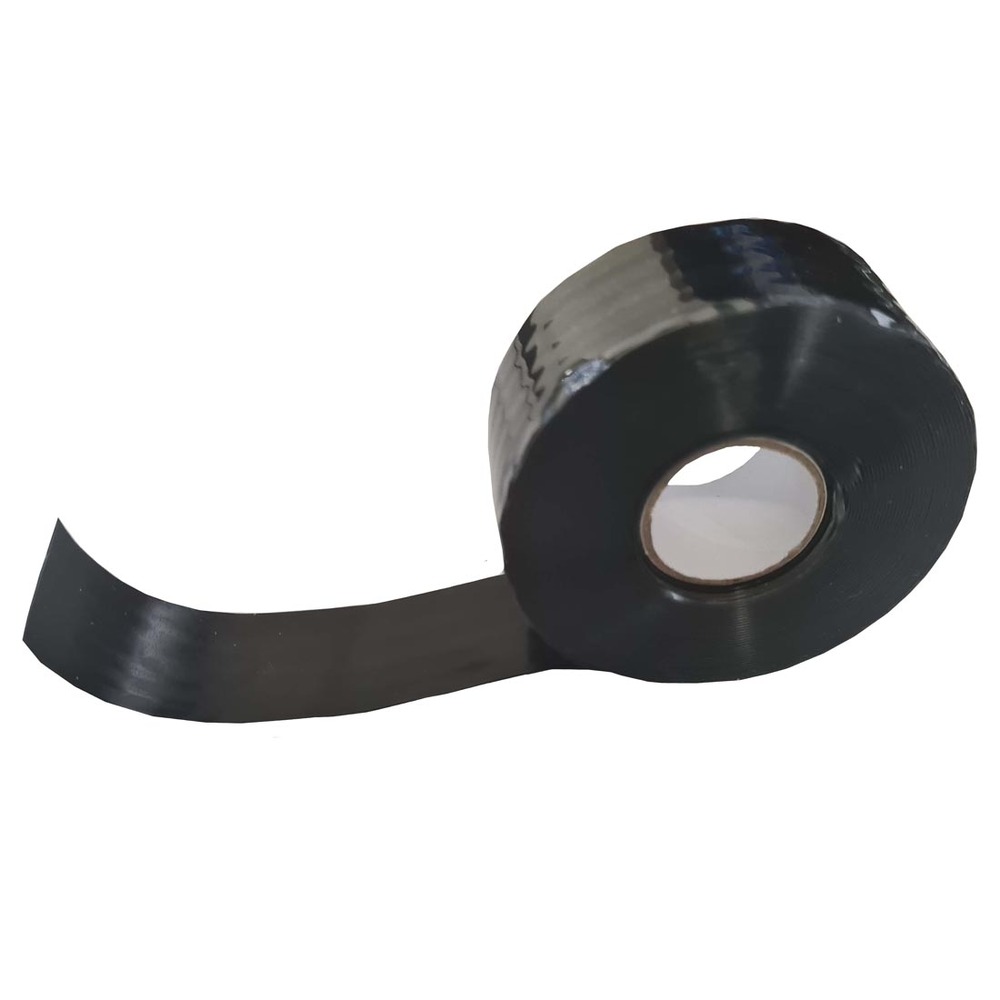The Importance of Car Wire Harness Tape in Automotive Manufacturing
In the automotive world, efficiency and safety are paramount. Every component of a vehicle must function flawlessly, and that includes the intricate wiring systems that power everything from the engine to the infotainment system. Central to this wiring system is the car wire harness, where multiple electrical wires are bundled together to ensure organized, reliable, and secure connections throughout the vehicle. A critical yet often overlooked component in the car wire harness assembly process is car wire harness tape. This article explores its significance, types, and best practices in automotive manufacturing.
What is Car Wire Harness Tape?
Car wire harness tape is specifically designed adhesive tape that secures and protects the wiring bundles within a car's electrical system. This tape helps keep wires organized, preventing tangles and frays that could lead to electrical failures. It also provides insulation to guard against moisture, dust, and temperature variations, all of which are critical in an automotive environment.
Types of Car Wire Harness Tape
There are several types of tape used in car wire harness applications, each serving a distinct purpose
1. PVC Tape This is one of the most commonly used types of harness tape. It is moisture-resistant and has excellent insulation properties, making it ideal for general bundling of wires.
2. Fabric Tape Often used in high-temperature environments, fabric tape provides flexibility and durability. It is typically breathable, allowing it to withstand heat without degrading.
3. Foam Tape This tape is used primarily where cushioning and vibration damping are significant concerns. Foam tape can absorb shock and reduce noise, which is especially important in luxury vehicles.
4. Heat-Resistant Tape Designed for areas with high heat exposure, heat-resistant tape ensures that wire harnesses maintain their integrity even under extreme conditions.
5. Self-Bonding Tape This unique tape adheres to itself rather than to the wires. It is particularly useful for applications requiring additional flexibility and a tight seal.
Benefits of Using Car Wire Harness Tape
car wire harness tape

1. Protection The primary benefit of wire harness tape is the protection it offers against abrasion, moisture, and corrosion. By ensuring that wires remain shielded, manufacturers can prevent significant electrical failures that lead to costly repairs.
2. Organization In modern vehicles, where the complexity of wiring systems has increased, organization is more important than ever. Harness tape helps bundle wires uniformly, simplifying the installation process and making maintenance easier.
3. Safety Properly secured wire harnesses reduce the risk of wire chafing, which can cause short circuits and pose fire hazards. Using quality harness tape significantly enhances the overall safety of the vehicle.
4. Cost-Effectiveness An investment in wire harness tape can save money in the long run by minimizing the risks of electrical failure and the ensuing repairs. It also streamlines the manufacturing process and reduces labor costs associated with wiring installation.
Best Practices for Using Car Wire Harness Tape
1. Clean Surface Always start with a clean surface to ensure optimal adhesion. Dirt or grease can hinder tape performance.
2. Overlapping When wrapping wires, overlap the tape consistently to ensure complete coverage. This will enhance the protective layer and provide a better seal against moisture.
3. Tension Apply the tape with adequate tension to prevent it from loosening over time. However, be careful not to stretch it too much, as this can lead to tearing.
4. Regular Inspections Implement a routine inspection protocol for wire harnesses to ensure that the tape remains intact and the wires are protected.
Conclusion
In summary, car wire harness tape plays a vital role in the automotive manufacturing process. By providing protection, organization, and safety, it enhances the durability and reliability of vehicle electrical systems. Understanding the types of tape available and employing best practices in its application can lead to improved vehicle performance and longevity. As vehicles continue to evolve with advanced electrical systems, the importance of quality components, including car wire harness tape, remains ever-increasing.
-
XIANGFAN Rubber Tape-Ultimate Solutions for All Your Insulation NeedsNewsJun.24,2025
-
XIANGFAN Rubber Tape-Protection for Industrial and Residential ApplicationsNewsJun.24,2025
-
XIANGFAN Rubber Tape: Superior Safety and Sealing for Demanding EnvironmentsNewsJun.24,2025
-
XIANGFAN Rubber Tape: Reliable Solutions for Every Electrical ChallengeNewsJun.24,2025
-
XIANGFAN Electrical & Industrial Tape: Powering Reliability Across IndustriesNewsJun.24,2025
-
XIANGFAN Electrical & Industrial Tape: Excellence in Every ApplicationNewsJun.24,2025
